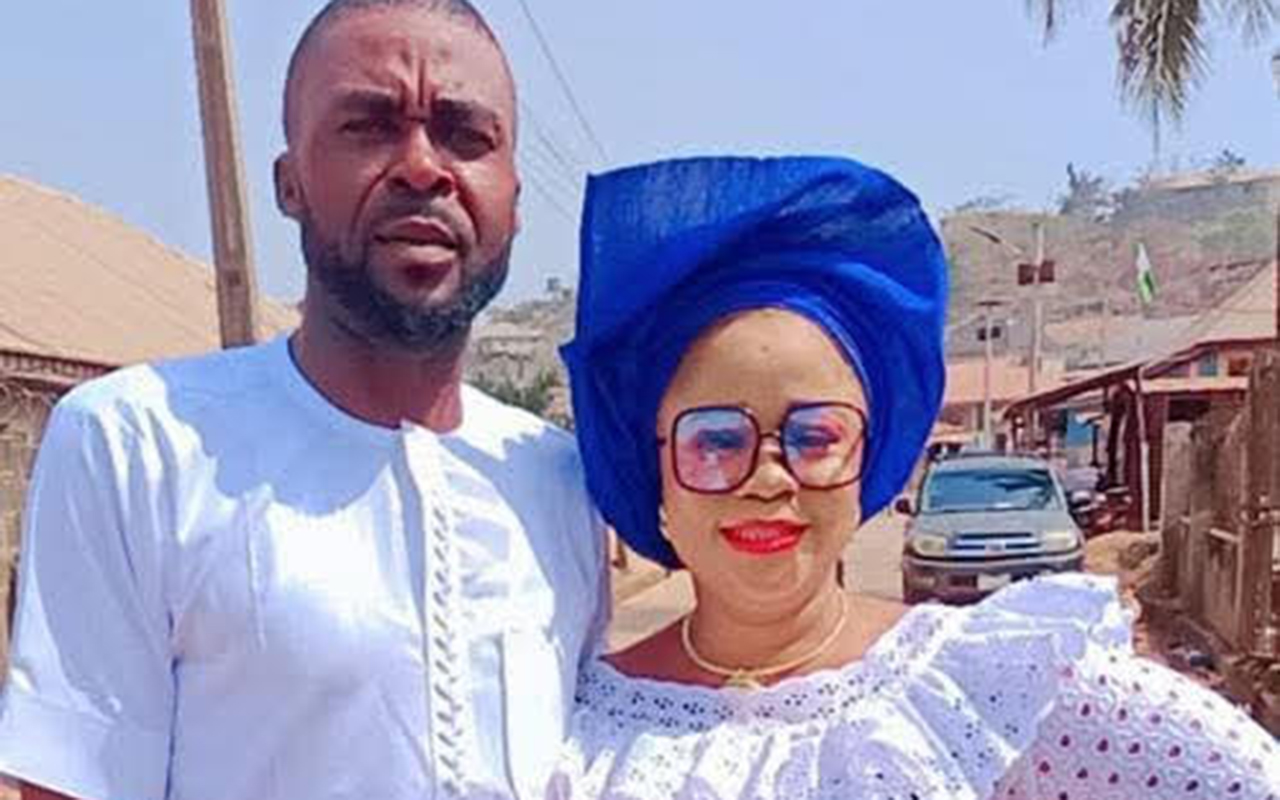
The Human Rights Writers Association of Nigeria (HURIWA) has urged the National Assembly to enact laws to curb the “commercialisation of law enforcement”.
HURIWA’s National Coordinator, Emmanuel Onwubiko, raised concerns over police extortion, using examples of victims facing demands for bribes while seeking justice to illustrate the need for urgent reform.
One notable case involves U.S. Army veteran Mr Bonaventure Ezekwenna, whose experience highlights alleged corruption within the Nigerian Police Force, especially at the Force Criminal Investigation Department (FCID) headquarters in Abuja.
According to HURIWA, Ezekwenna reported the activities of a rogue police unit in Anambra State but faced repeated extortion attempts by senior FCID officers who continually demanded bribes over three years without meaningful action.
Ezekwenna, fearing for his safety amid alleged threats, recently returned to the United States but remains committed to seeking accountability. He has filed multiple petitions with Nigerian authorities, including the Inspector General of Police (IGP) and the Attorney General of the Federation (AGF).
He claims that certain senior officers operate a crime syndicate and advance-fee fraud network in Anambra State. He further alleges that, despite being threatened with death by a police officer in Anambra, who he accused of colluding with fraudsters, police authorities continued to extort large sums from him without arresting the suspects.
HURIWA stressed that Ezekwenna’s experience is part of a broader systemic problem within law enforcement. “Such exploitation, particularly by senior officers responsible for upholding the law, signals a deep-rooted decay within the institution,” Onwubiko stated.
He urged the National Assembly to enact legislation that prohibits these practices and prescribes strict penalties for officers found guilty of extorting crime victims.
The rights group also called on the public complaints committees of both the House of Representatives and the Senate to organise open hearings on these issues.
Onwubiko highlighted another example involving a The Guardian reporter who, after having his car stolen, faced demands from police officers for a N500,000 payment to investigate the theft.
To address these concerns, HURIWA proposed comprehensive legislation imposing specific penalties for extortion, applicable to all law enforcement personnel, from the IGP to Divisional Police Officers (DPOs).
The group also called for a Directorate within the Police Service Commission to monitor compliance with anti-extortion laws.
This body, HURIWA suggested, should be empowered to investigate and hold accountable any officer or unit involved in such exploitative practices.
HURIWA announced that it would soon submit its position to the new hierarchy of the Police Service Commission.
Further, HURIWA called for increased oversight at the FCID headquarters in Abuja, which the group claims is rife with corruption allegations.
The organisation renewed its demand for the immediate release of CCTV footage from the FCID premises, allegedly containing key evidence of police officers assaulting Ezekwenna during his last visit.
The footage, HURIWA argues, could expose the complicity of certain officers in shielding criminal elements rather than prosecuting them.
HURIWA warned that failure to address these systemic issues would further erode public trust in law enforcement and exacerbate Nigeria’s security challenges.






